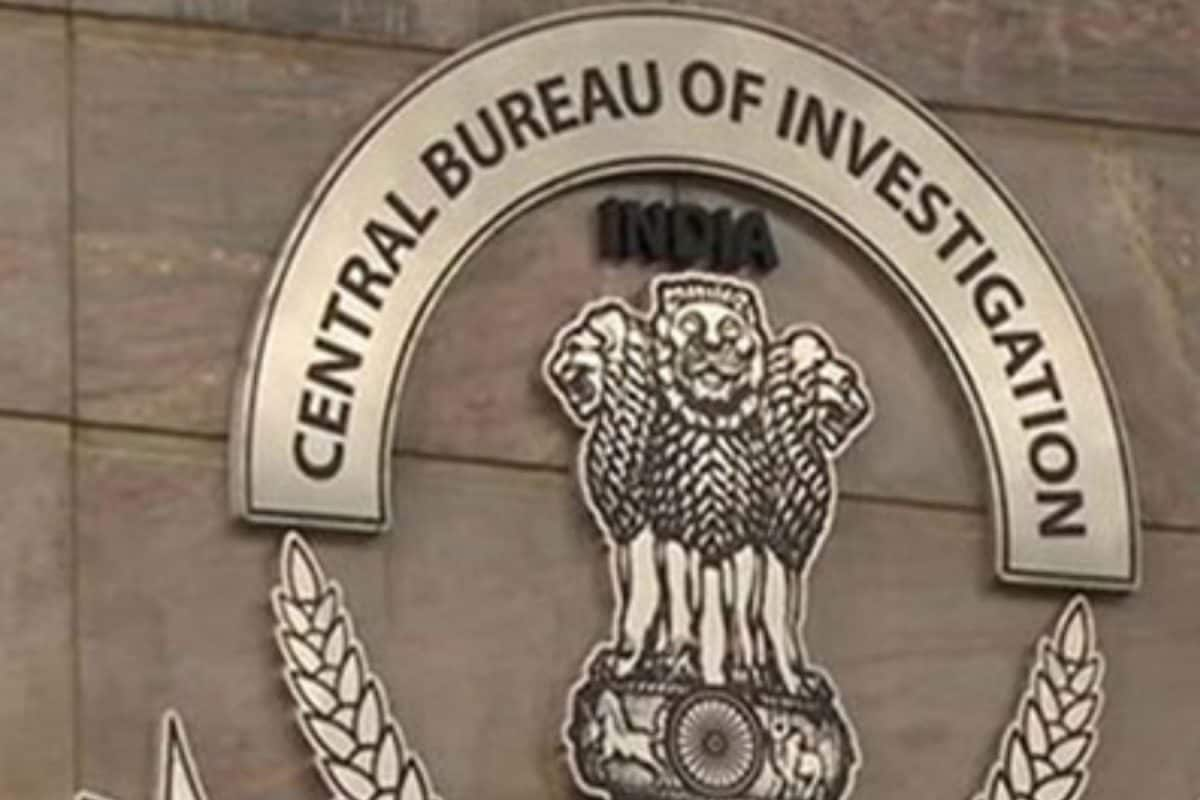Man accused of murder in Saudi Arabia apprehended by CBI in India
National NationalPosted by AI on 2025-08-16 10:13:16 | Last Updated by AI on 2025-08-16 20:09:15
Share: Facebook | Twitter | Whatsapp | Linkedin Visits: 0

For over 26 years, Mohammad Dilshad was on the run but authorities finally caught up with him in Delhi, India, ending a long period of evasion for the Saudi national. Back in 1999, Dilshad was working as a heavy motor mechanic and security guard in Riyadh when he allegedly murdered a person and subsequently fled. Saudi officials had issued a non-extradition request for Dilshad to Indian authorities in 2002, which meant that even though he was caught within Indian borders, his extradition was not going to be straightforward.
Hundreds of Indians are accused of various crimes in the Middle East, particularly in the oil-rich Gulf region, and often face arrest once they return home. However, due to the non-extradition request issued by the Saudi government, the CBI's subsequent arrest of Dilshad was not a straightforward affair. This underscores the complexity of international criminal law and the intricacies that arise when jurisdictions and countries become involved.
It remains to be seen what the future holds for Dilshad and whether he will be extradited to face charges in Riyadh. His case highlights the challenges of navigating international legal frameworks and the intricacies of cross-border crime. Ultimately, the pursuit of justice often extends beyond jurisdictional boundaries, making it a complex and lengthy process.
Search
Categories
- Sports
- Business
- History
- Politics
- International
- Science & Technology
- Social Issues
- Disaster Management
- Current Affairs
- Education
- Startup Business
- Startup News
- Awards
- Community Services
- Fundraising Events
- Volunteer Services
- Health Initiatives
- Innovations and Initiatives
- In News
- dummybanners
- Awards
- Partners
- Products
- Press Releases
- News
- Fast Check
- South
- సినిమా
- Gallery
- Sunday Chronicle
- Hyderabad Chronicle
- లైఫ్ స్టైల్
- National
- క్రైం
- ట్రెండింగ్
- జాబ్స్
- అంతర్జాతీయo
- బిజినెస్
- రాజకీయం
- బిజినెస్
- సంపాదకీయం
- నవ్య
- చిత్ర జ్యోతి
- క్రీడలు
- జాతీయం
- తెలంగాణ
- తాజా వార్తలు
- మన పార్టీ
- మన నాయకత్వం
- మన విజయాలు
- డౌన్లోడ్స్
- మీడియా వనరులు
- కార్యకర్తలు
- North East Skill Center News
- Government Schemes
- Entrepreneurship Support
- Employment Opportunities
- Skill Training Programs
- Departments
- Investments
- Initiatives
- Resources
- Telangana IT Parks
- Events & Jobs
- Press Releases
- News
- Airport News
- Newtons Laws of Motion
- Karbonn in Business
- Investments in Karbonn
- Company quarterly sales
- Markets
- Auto News
- Industry
- Money
- Advertisements
- Stock target
- Company Updates
- Stock Market
- Company Sales
- Staffing and HR
- Constituency Assembly
- General News
- Srikalahasti Temple
- Bojjala Sudhir Reddy
- Technology & Innovation
- Sports
- Business
- Products
- Industries
- Services & Trainings
- Tools & Resources
- Technology Integration
- Drug Seizures & Arrests
- Telangana Narcotics
- Law & Enforcement
- Rehabilitation
- Nationwide Drug Policing
- Nigeria Seizures
- Global Operations
- Drug Awareness
- Drug Enforcement Tech
- NCB Drug Seizures
- Judicial Crackdown
- India's Surveillance Tools
- Cross-Border Links
- Women Safety
- Cyber Crimes
- Drug Abuse
- Traffic & Road Safety
- Community Connect
- Public Safety Alerts
- Citizen Assistance
- Nellore City News
- Politics & Administration
- Events & Festivals
- Agriculture & Rural
- Business & Economy
- Health & Wellness
Recent News
- Jamaican Sprinter Kishane Thompson Cracks Top Marks At Silesians Diamond League
- Tragic Deaths And Scores Hospitalized At Mumbai Festival
- 'Nothing Short Of Blessing': Community Reunites to Express Gratitude After Rescue of Flood Victim Subhash Chandra
- Mystery Human Species Discovered in Ethiopia
- Jamaica's Thompson Edges Out Lyles In Sprint Showdown
- Air India Express Flight IX812 From Bengaluru Lands Safely In Second Attempt At Gwalior
- German Chancellor Announces US' Readiness To Join Security Guarantees For Ukraine
- Zhao Lusi accuses Talent Agency of Forced Exorcism for 'Treating' her Depression